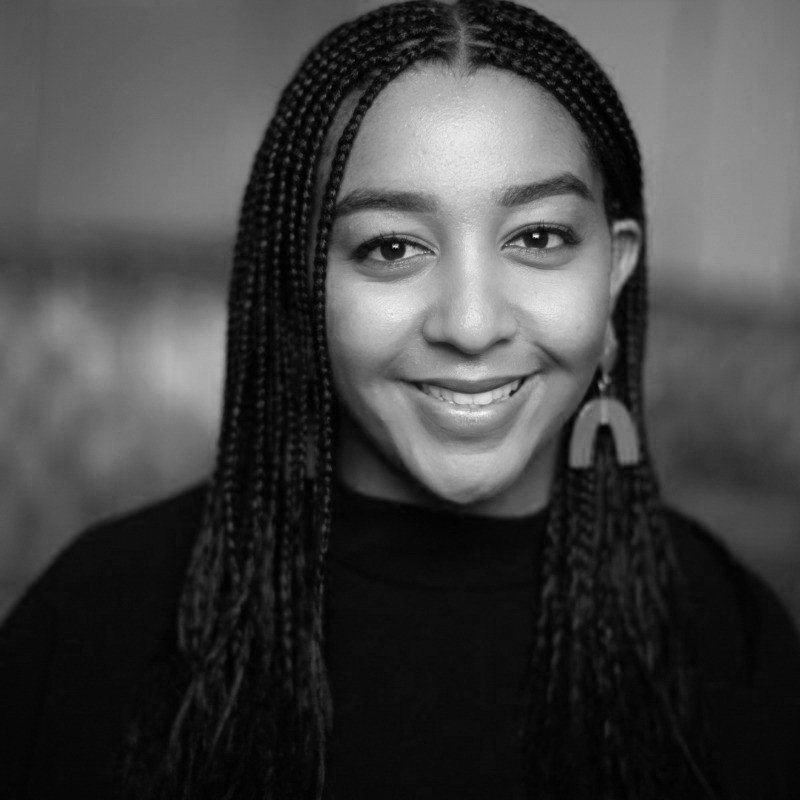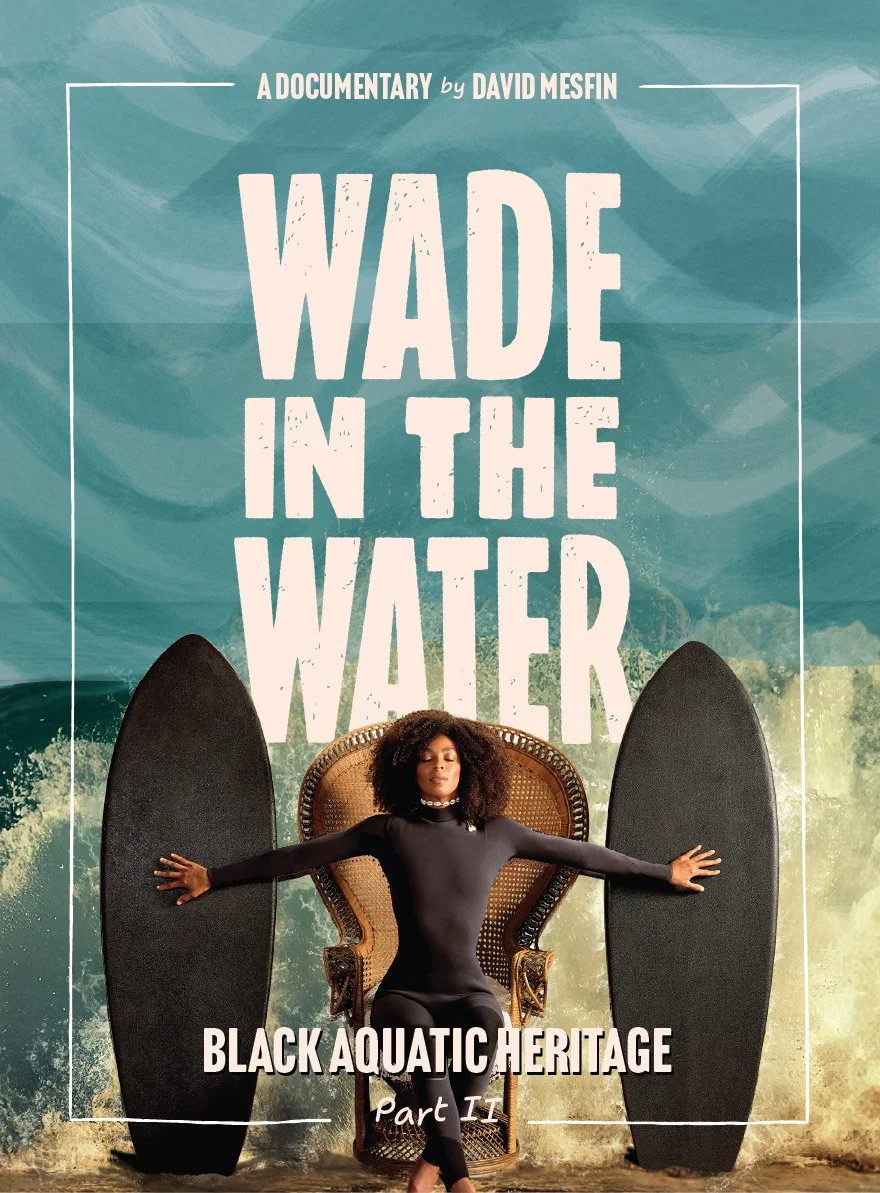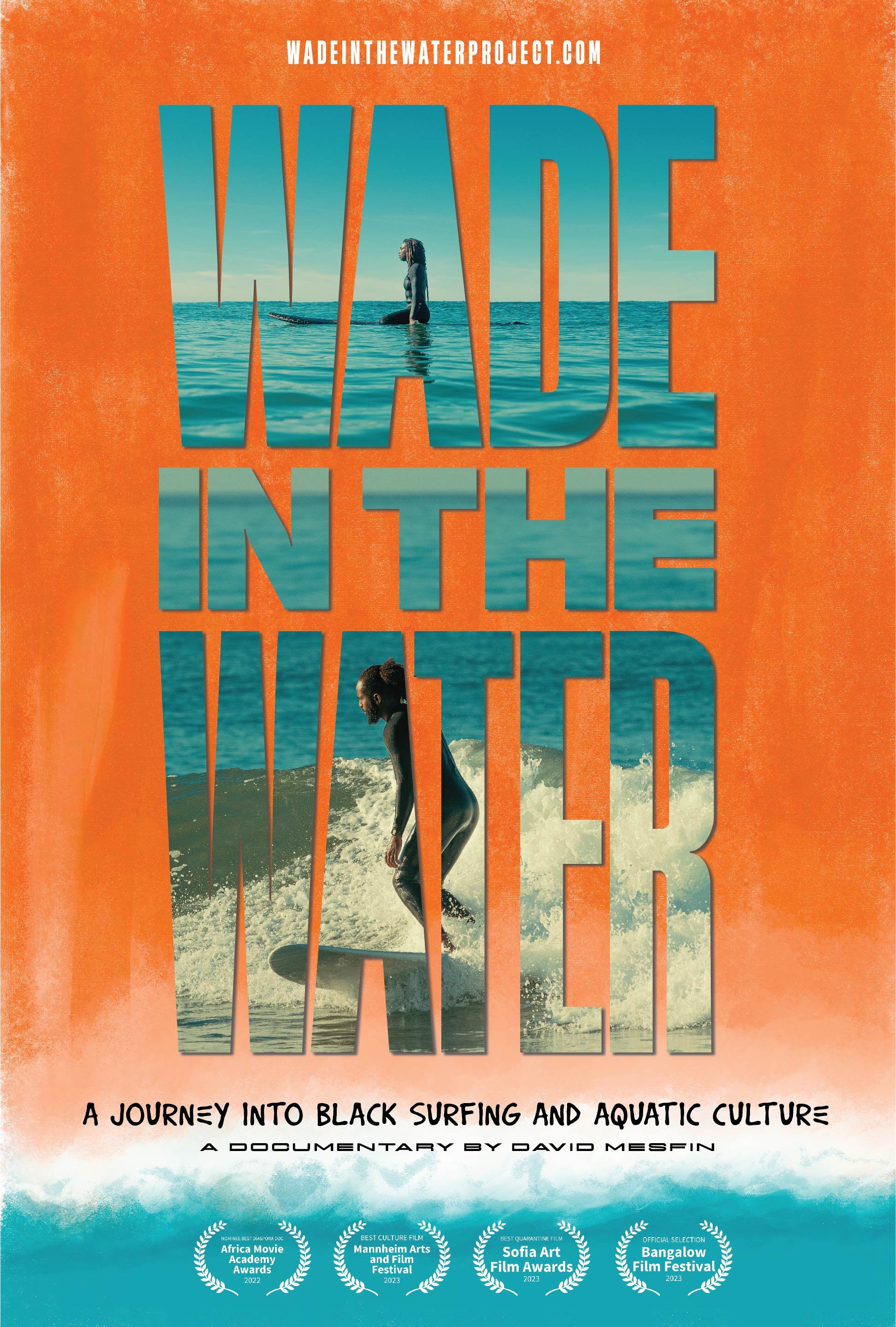ABOUT WADE IN THE WATER PROJECT
Discover the Untold Stories of Black Surfing Legends
Created by David Mesfin, an award-winning creative director and multidisciplinary designer, the Wade in the Water project includes a full-length documentary paired with a series of limited-edition fine art portrait prints.
Mesfin’s inspiration came in the wake of the global movement for racial justice in the U.S. and beyond following the series of hate crimes in 2020, including the murder of George Floyd by a police officer in Minnesota. Channeling his creative energy into something that he envisioned would give back to his community, he started Wade in the Water. Breaking barriers in the world of film, Mesfin positions Wade in the Water to honor the historical and contemporary relationship between Black people and the ocean, and explore the undying, intergenerational energy of Black waterwomen and watermen. The ultimate intention of the project is to inspire and support the next generation of Black surfers, specifically Black youth, by connecting them to the powerful roots of Black surfing’s legacy.
Currently Mesfin and his partners are working on Wade in the Water: Black Aquatic Heritage Part II
Wade in the Water: BLACK AQUATIC HERITAGE PART II
Feature Documentary Film - COMING 2027
Wade in the Water: Part II takes us around the world to explore Black people’s deep connection to water. From West Africa to the Caribbean, the U.S., South America, and beyond, the film follows how these ties were broken—and how they’re now being reclaimed.
We meet surfers, divers, scientists, historians, and healers who are bringing these stories to the surface. For generations, beaches and pools were places of exclusion and trauma. Today, those same waters are becoming spaces for healing, joy, and resistance.
This film is about more than just surfing. It’s about power, identity, and the right to belong. It’s about how water—once used to control or divide—is now being used to rebuild, reconnect, and rise.
Wade in the Water: Part II isn’t just a film. It’s a movement.
Wade in the Water: A Journey into Black Surfing and Aquatic Culture
Feature Documentary Film
Wade in the Water: The Documentary (2024) examines the often overlooked history of Africa's 1,000-year-old surf tradition spanning from Senegal to Angola. Piloted by historical experts and community leaders in the BIPOC surfing movement, this cinematic film traverses historical footage and recreations, photography, original illustrations, live-action footage, and interviews. Ushered by the compelling narration voiceover, we begin our journey with Prof. Kevin Dawson from UC Merced as he chronicles the evolution of aquatic African culture from the first written account of surfing in the 1640s to the American context of the 1800s. Moving into the 1900s, we proceed to honor the lives, legacies, and struggles of Santa Monica's pioneering African American surfers with independent historian and heritage conservationist Alison Rose Jefferson, M.H.C. | Ph.D. Jefferson provides us with an in-depth historical context of the first African Americans to arrive in Santa Monica, as well as their encounters with the Jim Crow laws that legalized and enforced racial segregation in California's coastal cities. We then sit down with Rick Blocker, a Black surfing advocate, Sharon Schaffer, the first African American pro woman surfer, Tony Corley, founder of Black Surfing Association in 1975, Greg Rachal, co-founder of Black Surfers Collective, and Vicky Williams, who surfed with Nicolás Rolando Gabaldón in 1950. Nick was the first documented Black and Latino surfer in Southern California. In addition, the documentary features insights from Selema Masekela, an American television host, sports commentator, actor, singer, and surfer. Introducing us to the pioneers of the past and present generations that have maintained this 1,000-year-old African surf tradition and its spiritual principles, these community leaders are establishing accessible pathways for BIPOC to participate in surfing, women's surf clubs, and public policy that promotes environmental stewardship and protection.
-

BEYIN ABRAHA - EXECUTIVE PRODUCER
-

Professor Kevin Dawson Ph. D. - Historian & Author
-

The Rachal Family - Black Surfers Collective
-

Marialidia (Cara) Marcotulli
-

RIAN RHOE - Publicists (THE SIDEWAY LIFE)
-

Alison Rose Jefferson, M.H.C. | Ph.D. - Historian & Author
-

Rick Blocker - Black Surfing Activist & Historian
-

Wondwossen Dikran - Producer
-

Samra Seifu - Writer
-

Xahil McDonald - Writer
-

Michael Warner and Ellie Altomare
-

Alitash Kebede Gallery
-

Eric Schnabel - Marketing Executive
-

Bemnet Yemesgen - Producer



